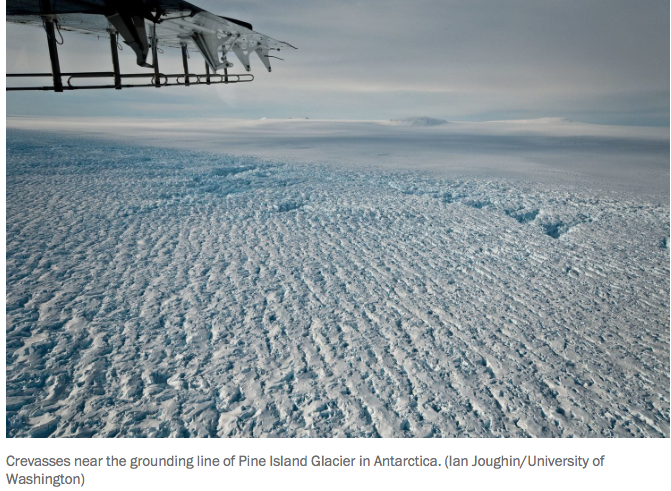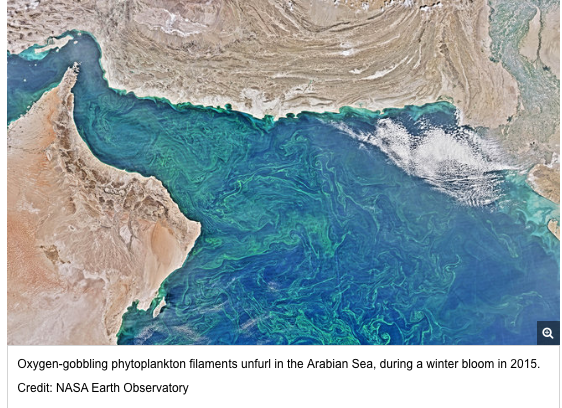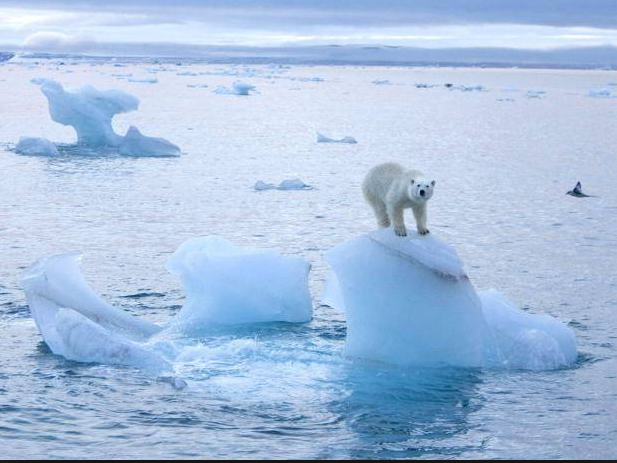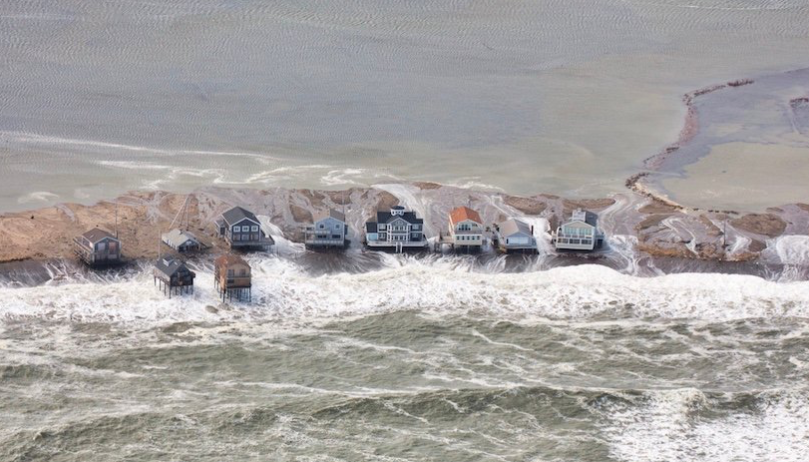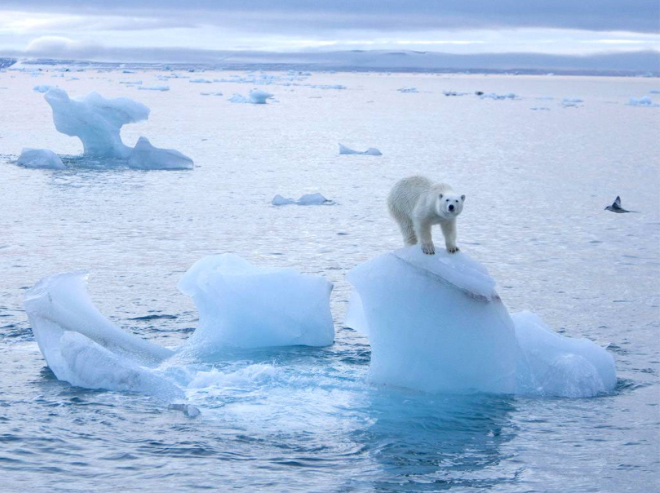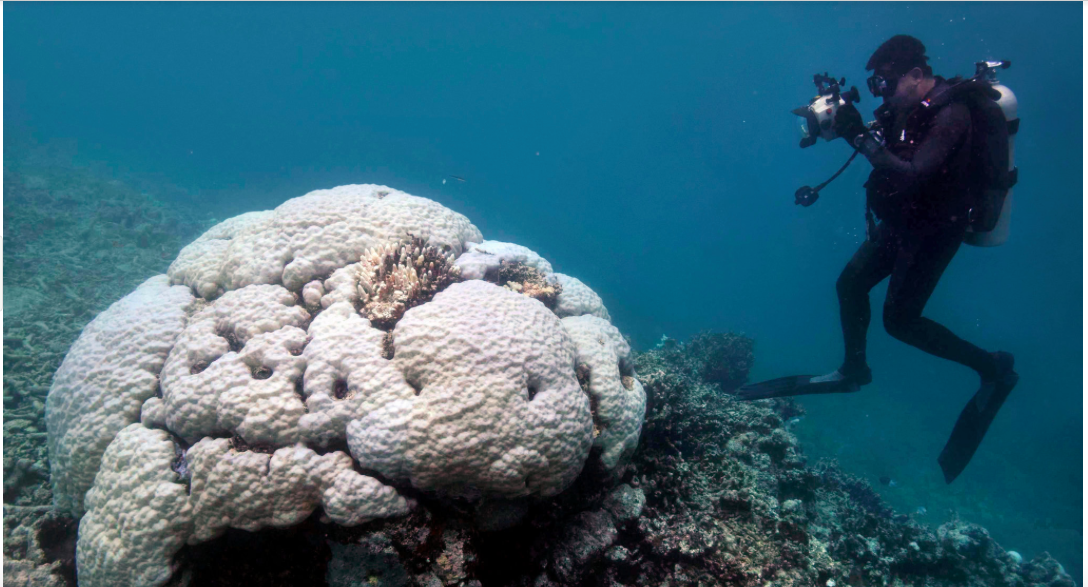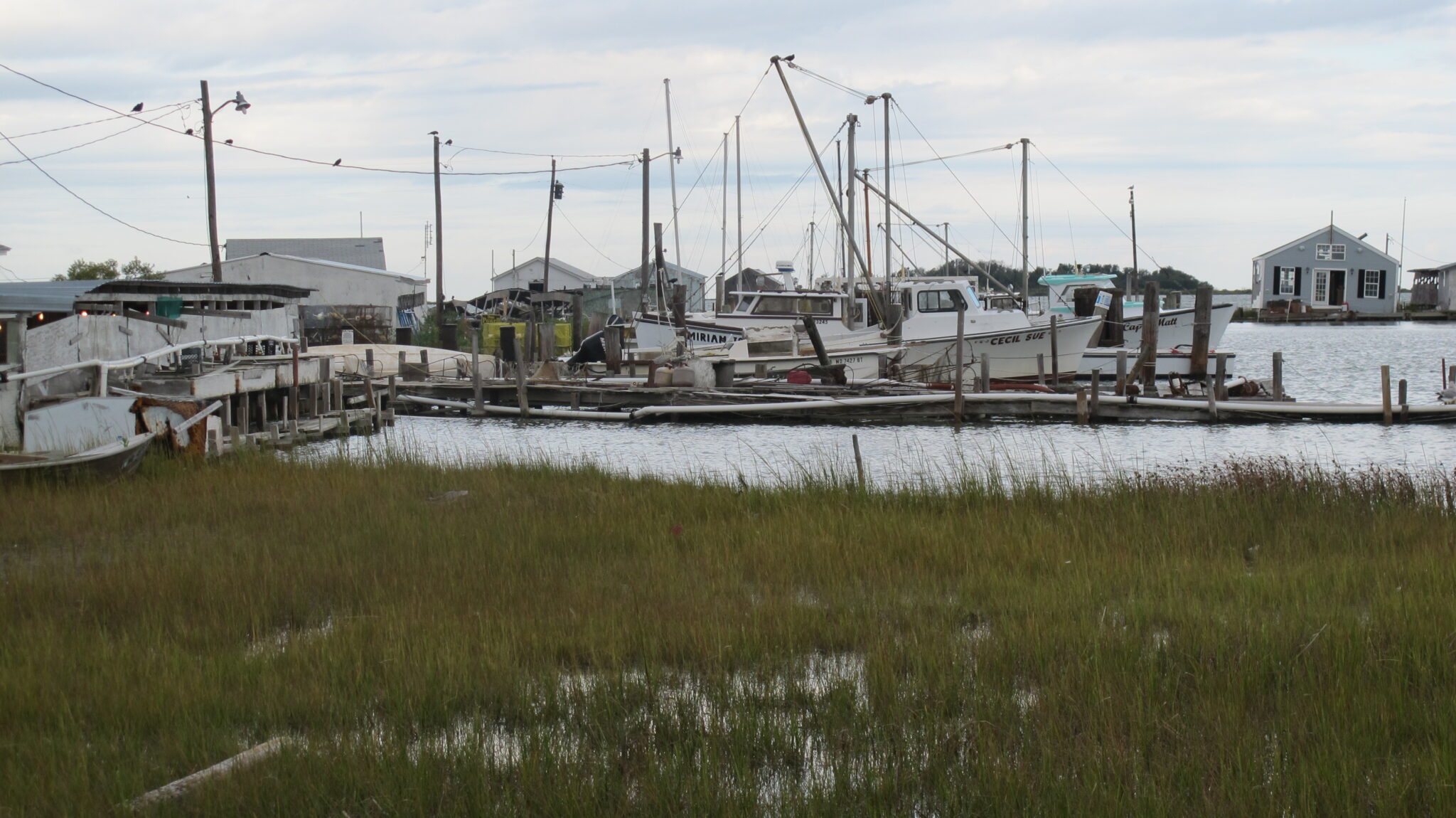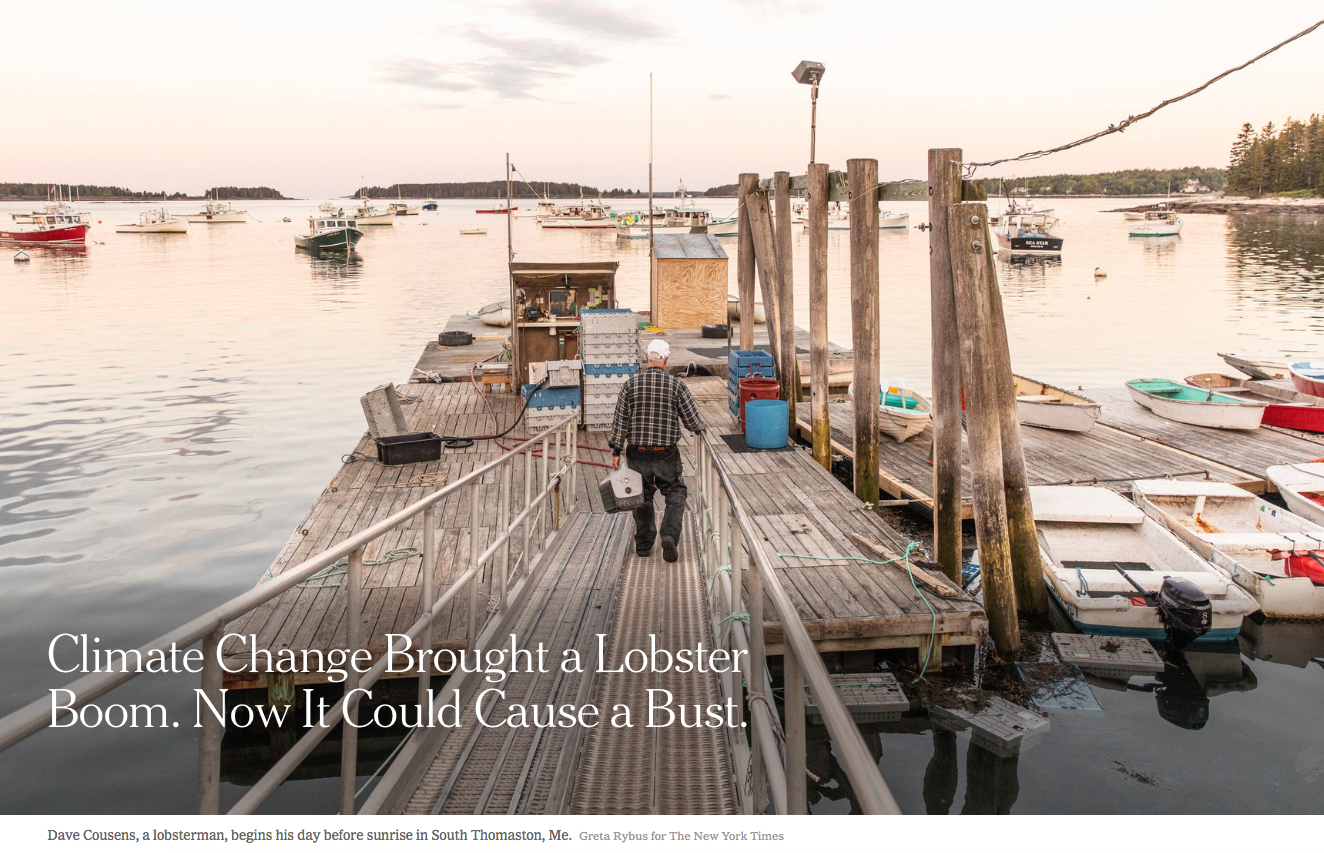
Maine Lobstermen Taking Hits from Warming Waters, Trade Wars
Lobstermen in Maine are taking a double hit these days, one from global warming, the other from the impending trade wars. Both can have long-term consequences for an industry that accounts for half a billion dollars a year. Water temperature in the Gulf of Maine has been rising since the early 1980s, as a result of global warming. Until recently, this was a good thing, with lobsters – and the entire lobster industry – thriving. But now we may be on the downward cusp of too much of a good thing. The waters are getting too hot and lobsters are…

